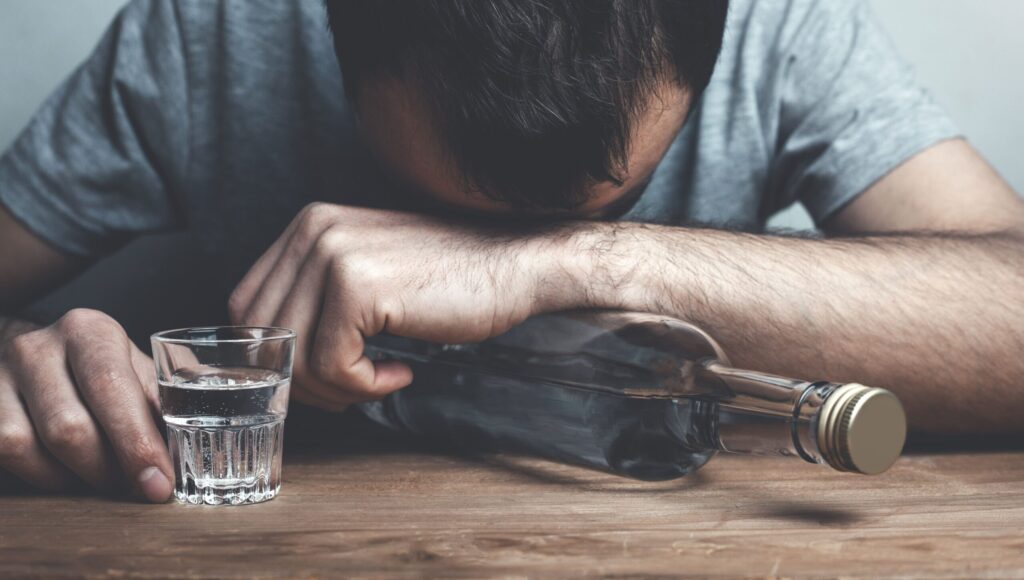The journey from occasional alcohol consumption to addiction is a complex and multifaceted process. Many individuals wonder, “How long does it take to get addicted to alcohol?” In this article, we will explore the alcohol addiction timeline, the factors that contribute to addiction, and the consequences of excessive alcohol consumption. Etowah Recovery Center, located in Atlanta, Georgia, is committed to providing comprehensive addiction recovery services for those in need.
How Long Does It Take to Get Addicted to Alcohol?
The timeline for alcohol addiction varies from person to person, making it challenging to pinpoint an exact duration. Several factors influence how quickly addiction can develop, including an individual’s genetics, environment, and drinking habits. Some people may become addicted relatively quickly, while others may take longer.
How Long Do You Have to Drink to Be Considered an Alcoholic?
Alcoholism is not solely determined by the duration of alcohol consumption but by the consequences and impact it has on an individual’s life. Some signs that may indicate alcoholism include:
Craving: An intense desire or need to consume alcohol regularly.
Loss of Control: An inability to limit or stop alcohol intake, despite a desire to do so.
Tolerance: An increased need for more alcohol to achieve the desired effect or experiencing reduced effects with the same amount.
Withdrawal Symptoms: Experiencing physical or psychological withdrawal symptoms when alcohol use is reduced or discontinued.
How Often Do You Have to Drink to Become Physically Addicted?
The frequency of drinking plays a role in the development of alcohol addiction. Regular and heavy alcohol consumption can increase the risk of physical addiction. Physical dependence on alcohol can lead to withdrawal symptoms, which can be uncomfortable and dangerous. The more often alcohol is consumed, the higher the likelihood of physical addiction.
How Does Alcohol Addiction Happen?
Alcohol addiction, often referred to as alcohol use disorder (AUD), occurs gradually and is influenced by various factors, including:
Genetics: A family history of alcoholism can increase the risk of developing AUD.
Psychological Factors: Mental health issues such as depression, anxiety, or trauma can contribute to the development of alcohol addiction.
Environmental Influences: Social and environmental factors, such as peer pressure, exposure to alcohol, and a culture that normalizes heavy drinking, can play a role.
Stress: Coping with stress by using alcohol can lead to addiction as it becomes a way to manage daily challenges.
Is It Easy to Get an Alcohol Addiction?
The ease with which one can develop alcohol addiction varies widely. For some individuals, it may happen relatively quickly due to a combination of genetic, psychological, and environmental factors. Others may consume alcohol for years without developing an addiction. However, it’s crucial to recognize that anyone who consumes alcohol can be at risk of addiction if certain risk factors are present.
What Are the Consequences of Drinking Too Much Alcohol?
Excessive alcohol consumption can lead to various physical, mental, and social consequences, including:
Health Issues: Alcohol abuse can result in liver disease, cardiovascular problems, and an increased risk of cancer.
Mental Health Effects: Alcohol can worsen mental health conditions such as depression and anxiety.
Impaired Relationships: Excessive drinking can strain relationships with family, friends, and colleagues.
Legal and Financial Consequences: Drunk driving and legal issues related to alcohol abuse can have significant repercussions.
Is It Easy to Give Up Alcohol?
Giving up alcohol can be challenging, especially for those who have developed an addiction. Alcohol withdrawal symptoms, including tremors, anxiety, and seizures, can make quitting on one’s own difficult and even dangerous. Seeking professional help is often necessary for a safe and successful recovery.
Next Steps to Get Treatment
If you or someone you know is struggling with alcohol addiction, seeking professional treatment is essential. Etowah Recovery Center, located in Atlanta, Georgia, offers a range of addiction recovery services to provide support and treatment, including:
Detoxification: Medically supervised detoxification to manage withdrawal symptoms safely.
Therapy: Evidence-based therapies, including individual and group therapy, to address the psychological aspects of addiction.
Medication-Assisted Treatment: Medications can be prescribed to help manage cravings and withdrawal symptoms.
Support Groups: Participation in support groups to connect with others facing similar challenges.
In conclusion, the timeline for alcohol addiction varies, and there is no fixed duration for when it can develop. The factors influencing alcohol addiction are multifaceted and include genetics, psychological factors, and the environment. The consequences of excessive alcohol consumption can be severe, affecting physical and mental health, relationships, and more. Seeking professional treatment is crucial for a safe and successful recovery. Etowah Recovery Center is here to provide comprehensive support to those in need, helping them on their journey towards a healthier, happier life.





